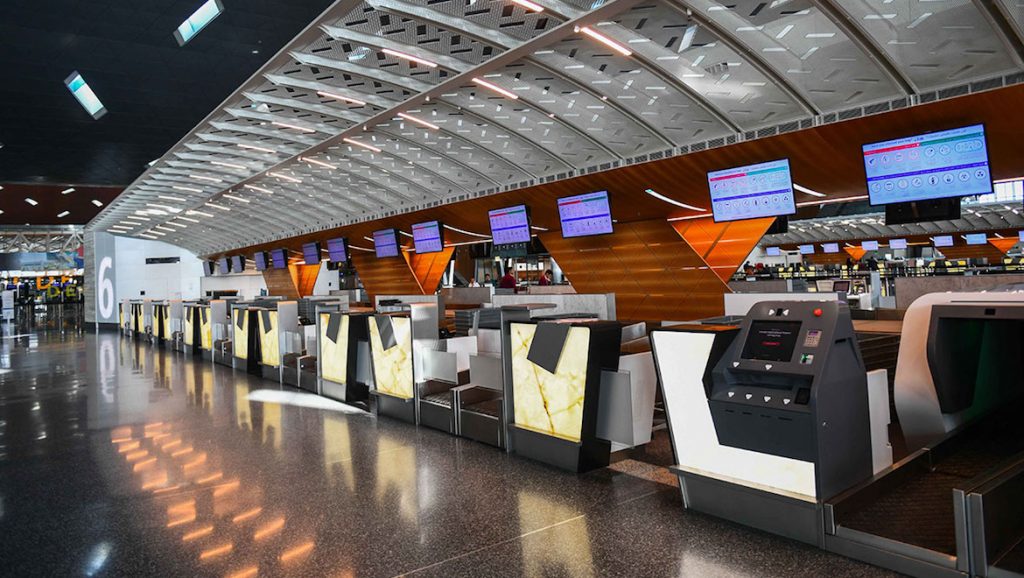European airports face a “full blown crisis” in passenger numbers, Airports Council International Europe warned in a dramatic statement on Tuesday.
The global trade representative for the continent predicted a 67 million drop in numbers of passengers for the first quarter of 2020, a 13.5 per cent decline.
Meanwhile, ACI also updated its passenger traffic figures worldwide in a new Advisory Bulletin, which painted a bleak picture of the impact of the COVID-19 outbreak on the global aviation industry.

The peak trade body for airports, ACI World, represents airport interests in discussions with ICAO, IATA and other relevant international bodies.
The forecast predicts a fall in Q1 airport traffic volume of 12 per cent compared with previous predictions. Unsurprisingly, Asia-Pacific is the region most impacted, followed by Europe and the Middle East.

ACI’s report also noted that reduced revenues from airport charges posed a challenge to the industry. In a press release accompanying the bulletin, the agency said that the “cost base for airport charges remains unchanged, as many airports have many fixed costs”.
Prior to the COVID-19 outbreak, projected global airport revenues for Q1 2020 totalled US$39.5 billion. ACI estimated net losses of at least US$4.3 billion.
Most of this is expected to occur in the APAC region, which is tipped to absorb $3 billion worth of lost revenue. ACI said that “this is approximately equal to the total annual revenues of two major European or Asian hubs combined”.
However, ACI World director general Angela Gittens also warned against any attempt to wind back or regulate airport fees.
“The sudden shock represented by the COVID-19 outbreak is affecting passenger and cargo traffic worldwide, markedly in Asia-Pacific and significantly reducing airport revenues,” she said.
“Airports rely heavily on airport charges to fund their operating and capital costs and operators find themselves under intense pressure during periods of traffic decline. Airport revenues must be sufficiently protected to ensure safe and sustainable operations. Measures to limit the collection of airport charges would be ill-advised.”

With many calling for suspension of slot allocation rules – including IATA chief executive Alexandre de Juniac – ACI has urged regulators to take a considered, “market-by-market” response to preserve global connectivity.
“An evidence-based review would examine infection rates, load factors, forward booking forecasts, and the impact on the environment of continuing certain services,” added Gittens.
The news follows a joint statement issued this week by IATA and the World Health Organization on the risks posed by COVID-19. The updated assessment emphasises the fact that risk of transmission of the disease by civil aviation is relatively low, and that they intend to co-operate with ACI and other peak industry bodies.
“Building from past experiences with communicable disease outbreaks, WHO, ICAO and aviation industry organisations have developed extensive guidelines, toolkits and response plans to support governments, passengers, and the aviation industry in mitigating risks,” the statement said.




